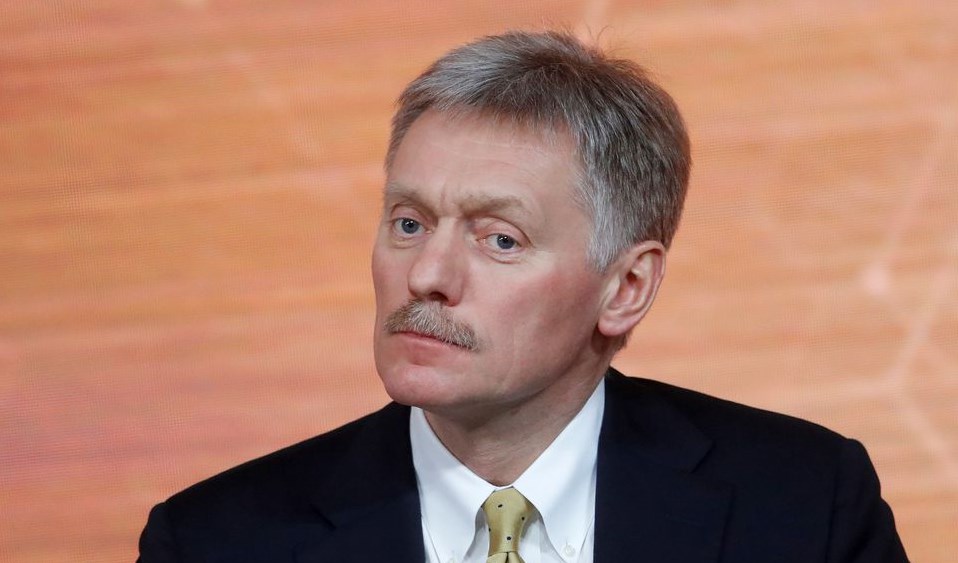Obligations to Russia need to be met before extension of grain deal
Kremlin Spokesperson Dmitry Peskov reveals that meeting the obligations of the second part of the grain deal is a precondition for its extension.
-

Dmitry Peskov seen in attendance at Russian President Vladimir Putin's annual end-of-year press conference in Moscow, Russia, December 19, 2019 (Reuters)
Russia has made it a precondition that the second part of the grain deal is implemented before the country agrees to extend the Black Sea initiative, Kremlin Spokesperson Dimitry Peskov stated on Friday.
"In order for the deal to work, a conversation between the two presidents will not help. In order for this deal to work, the second part of the deal, which concerns promises to us, needs to be implemented," Peskov told reporters.
The official added that there is no information, so far, on the possibility of extending the deal.
Russian Deputy Foreign Minister Sergey Vershinin said on Thursday that the initiative may cease to exist if an agreement on extending the deal is not reached by May 18.
UN Spokesperson Stephane Dujarric said on Thursday that UN Under-Secretary-General for Humanitarian Affairs Martin Griffiths has stressed that the United Nations will remain committed to working with all parties involved in the Black Sea Grain Initiative to keep operations of grain exports ongoing.
Russian, Turkish, Ukrainian, and UN delegations discussed a possible prolongation of the grain deal between May 10 and 11 in Istanbul, however, they failed to reach an agreement.
The three countries signed an UN-brokered agreement last July to establish a humanitarian maritime corridor for ships transporting food and fertilizers from Ukrainian Black Sea ports.
The deal was extended earlier in March for a period of 60 days instead of the 120-day extension period originally specified in the agreement.
The grain export deal has helped ease the global food crisis triggered by the Ukrainian crisis and the Western sanctions targetting Russia.
According to the United Nations, more than 24.1 million tonnes of grain have been exported under the agreement until March. But Food and Agriculture Organization (FAO) revealed in October 2022 that only a quarter of the grain exported under the BSGI is going to low-income countries.
Agriculture ministers of the G7 states considered the deal vital to the "EU-Ukraine Solidarity Lanes" and announced their support for extending and expanding the deal.

 2 Min Read
2 Min Read









